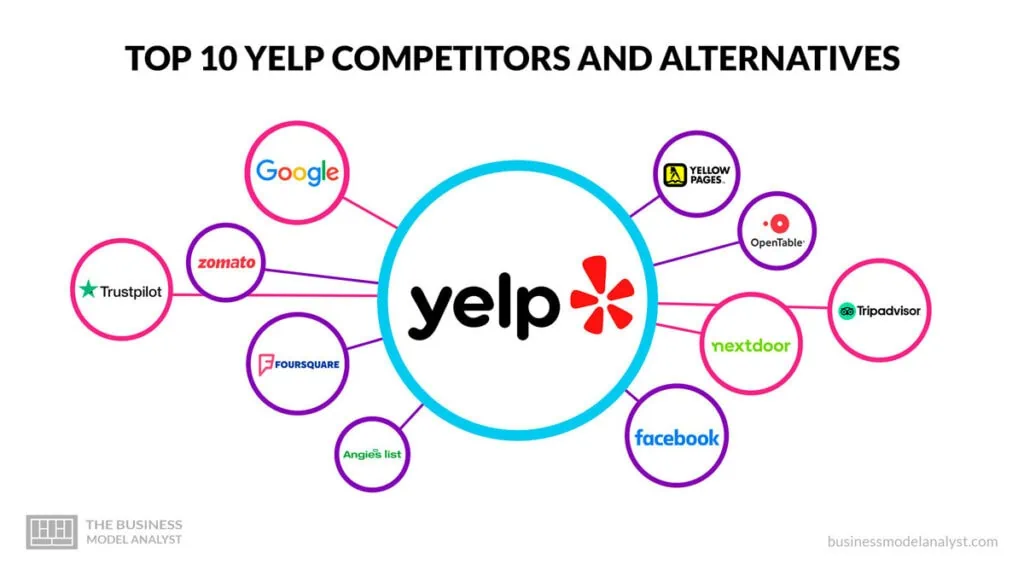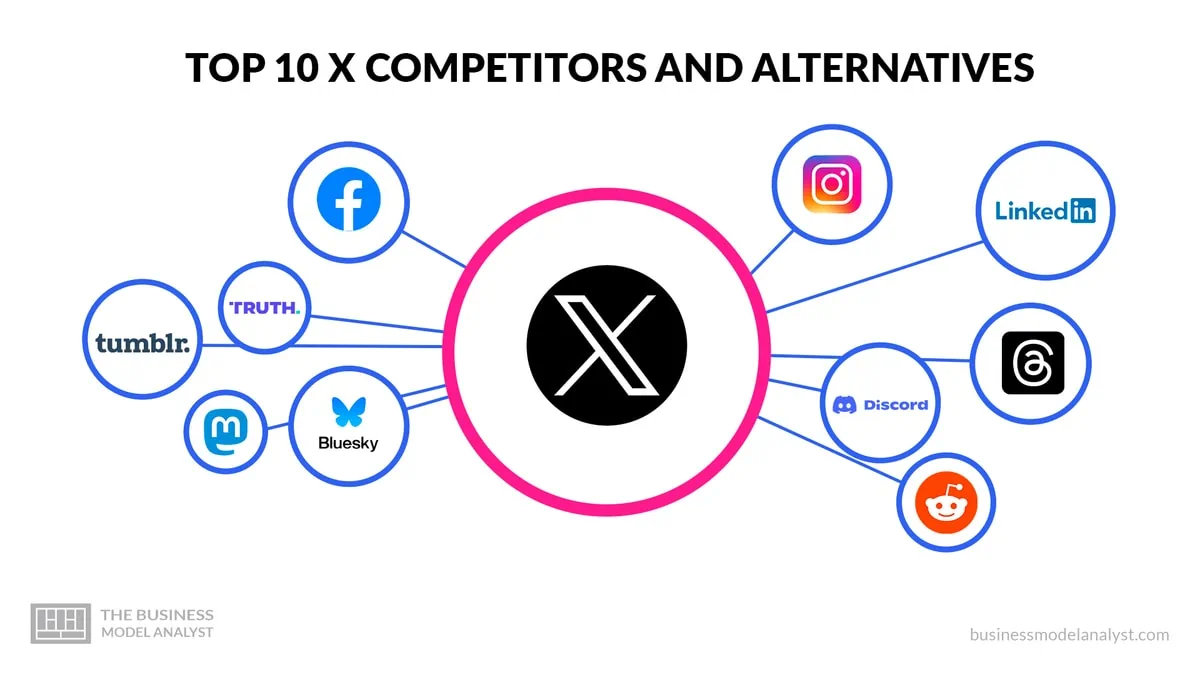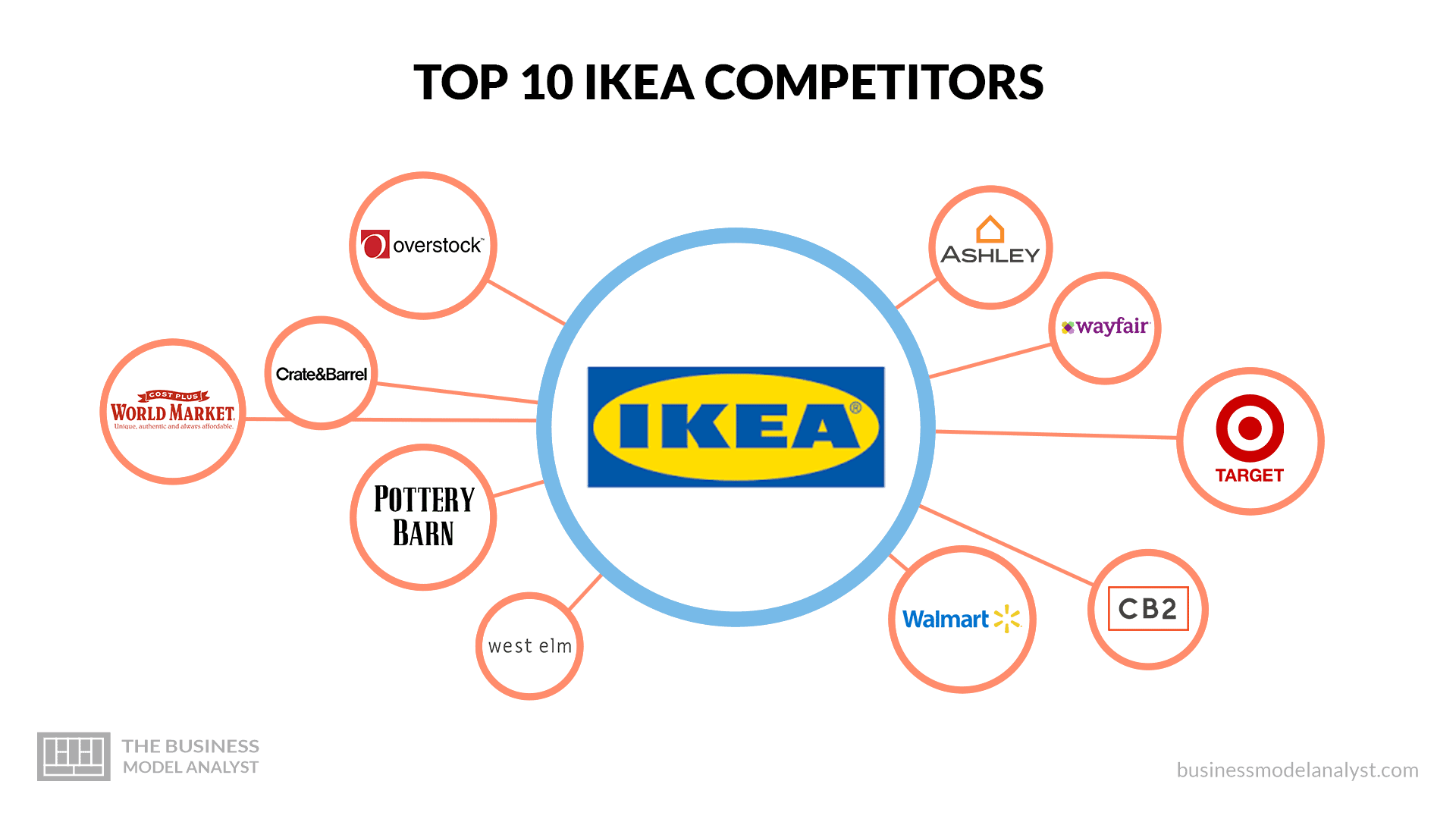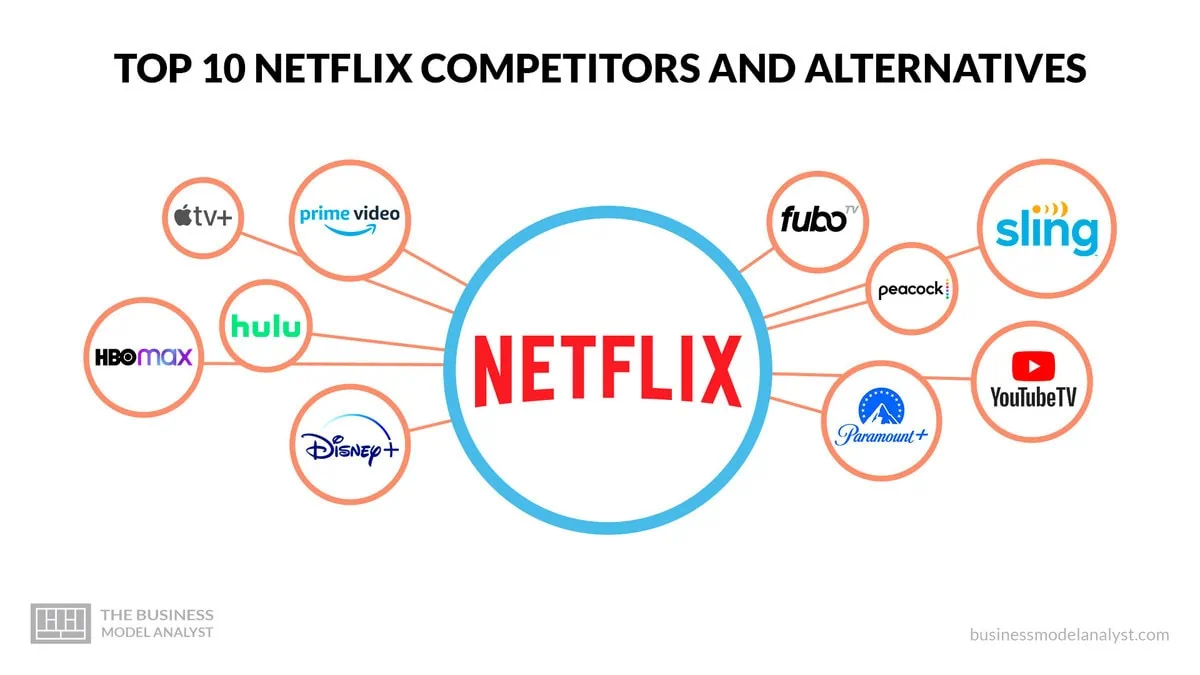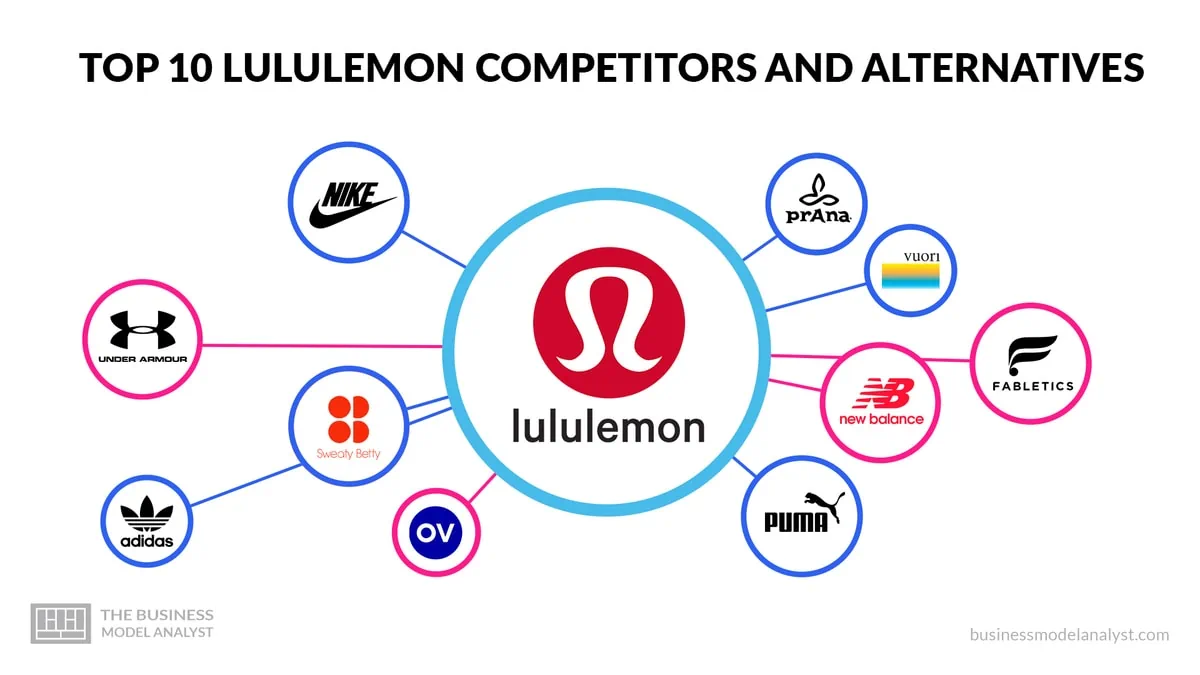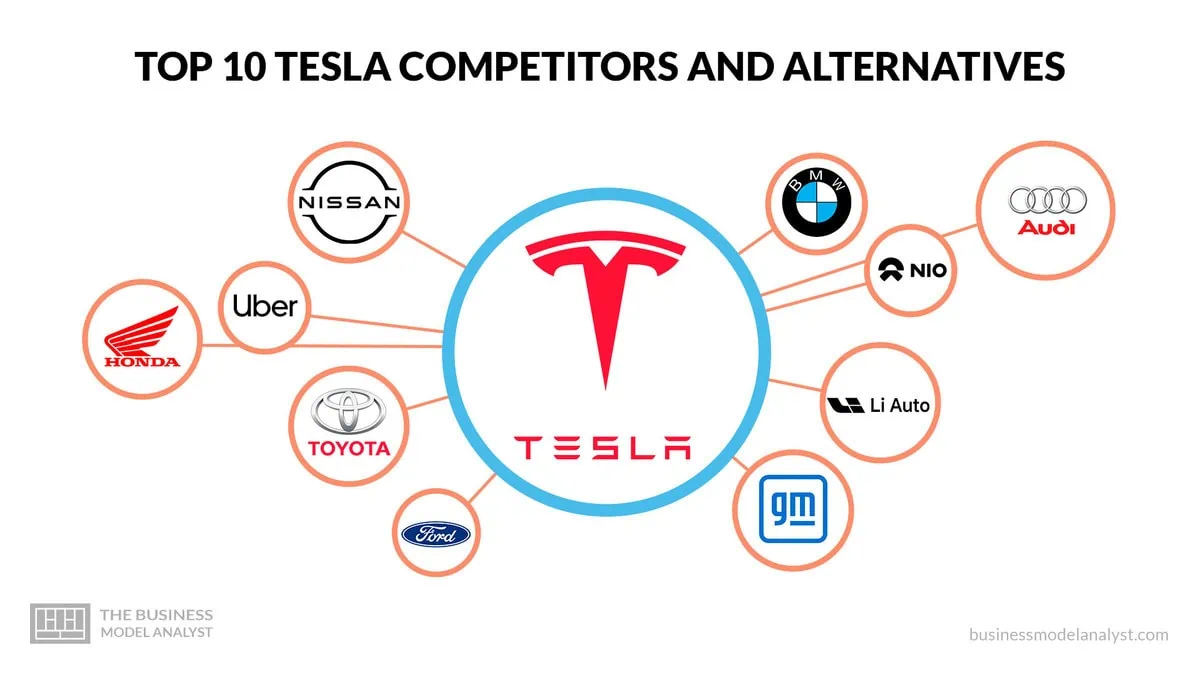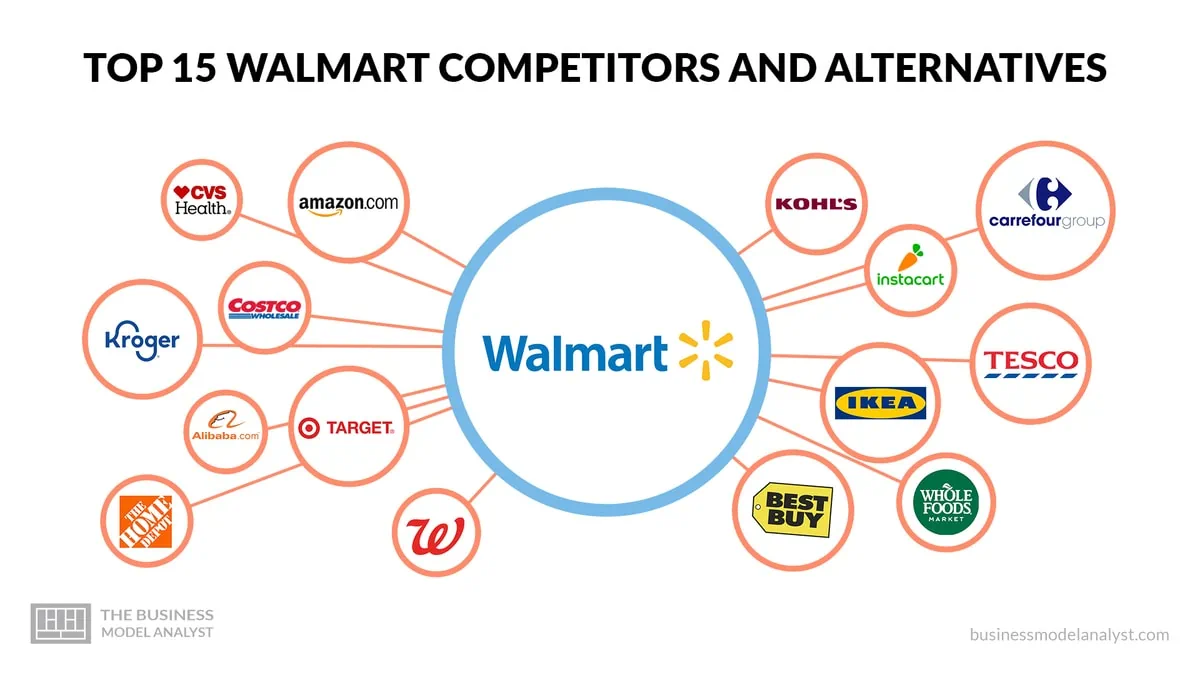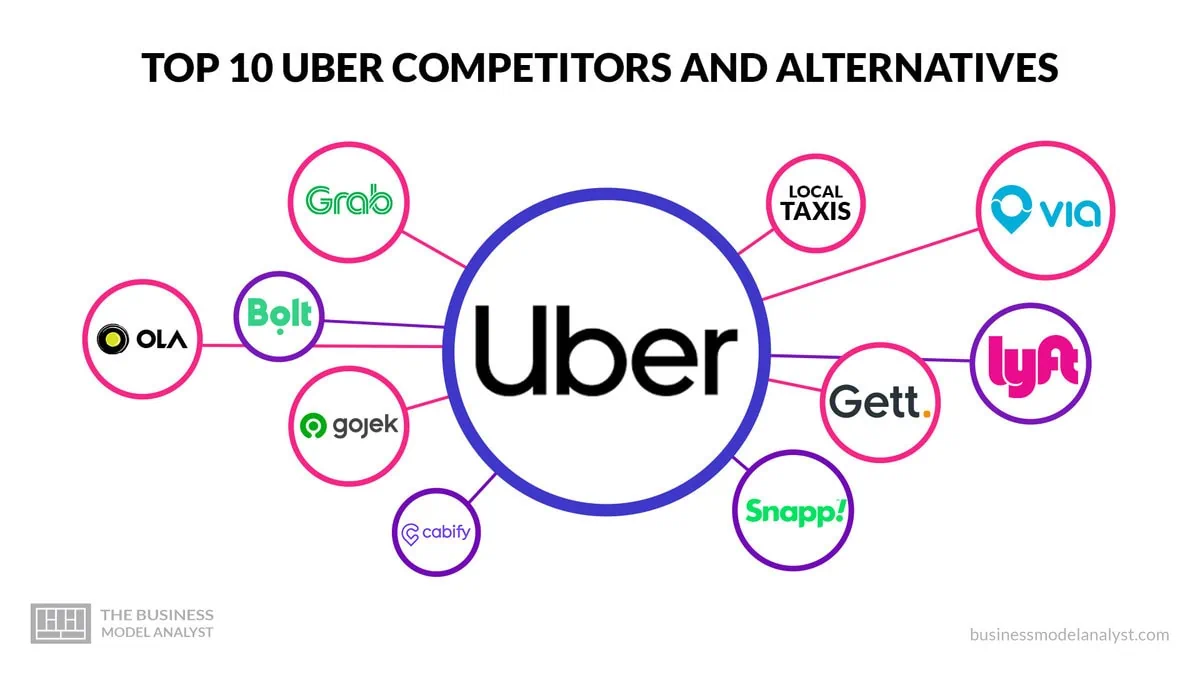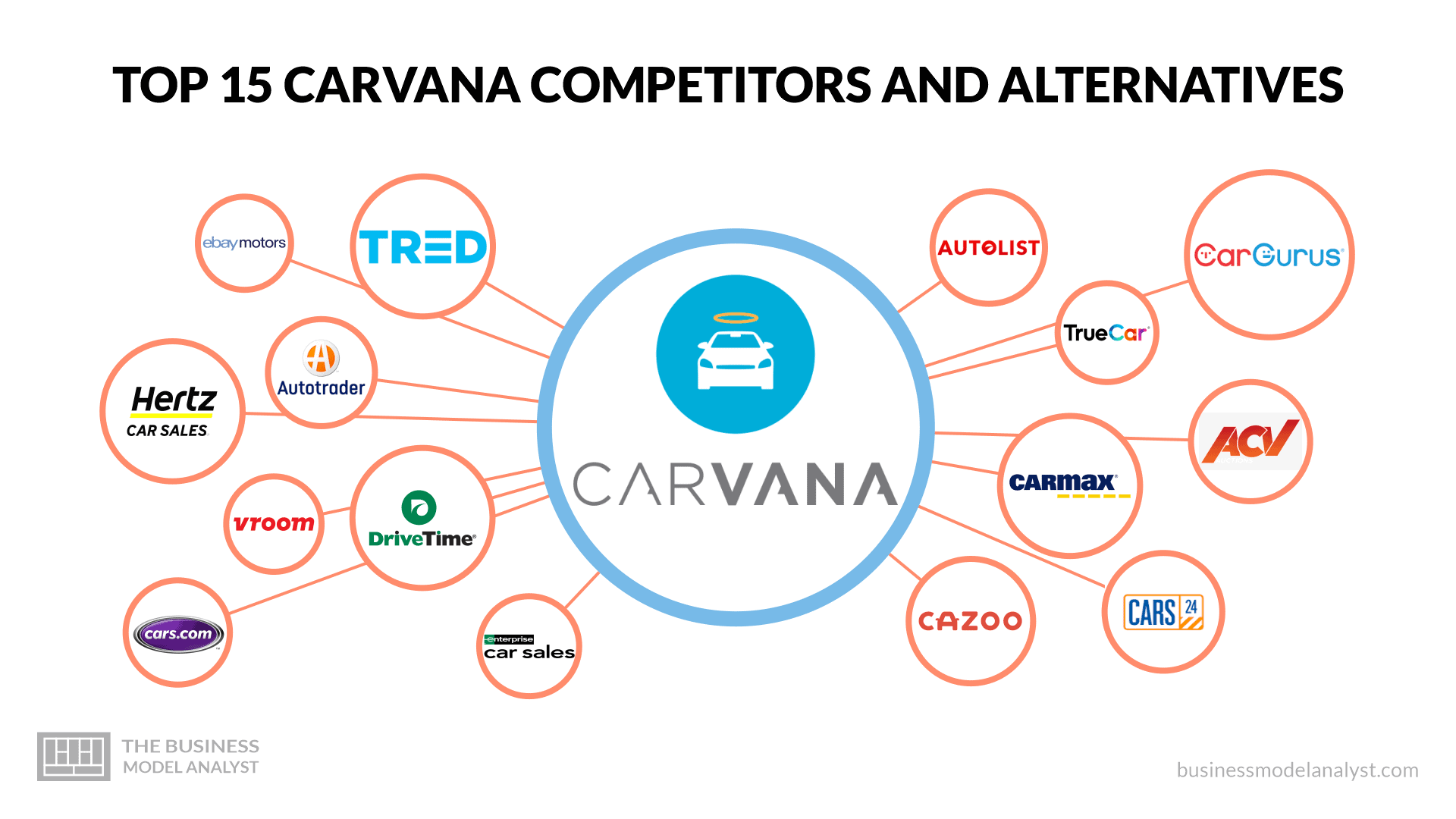Yelp is a popular online platform that provides a comprehensive database of business information, user reviews, and ratings. It enables users to discover and review local businesses, including restaurants, bars, hotels, salons, and much more.
Yelp’s core services include business listings, ratings and reviews, Elite Squad, user photos, deals and offers, Yelp reservations, etc. It acts as a crowdsourced review website and mobile app that allows users to share their experiences, rate businesses, and provide valuable feedback. Yelp is available in over 30 countries and supports multiple languages, making it a global consumer resource.
To generate revenue, Yelp majorly operates an Ad-based business model. This business model ensures that the company generates the bulk of its revenue from advertisements. Yelp offers various advertising options for businesses, such as targeted ads, enhanced business profiles, and promoted search results.
These advertising features help companies to gain visibility and attract potential customers. Another source of revenue for Yelp is partnerships. Yelp partners with third-party services to provide additional functionality, such as online reservations and food delivery.
Yelp was founded in 2004 by American business executive, Jeremy Stoppelman and American businessman, Russel Simmons as an online platform that initially aimed to help people find reliable local business recommendations. The founders of Yelp were former employees of the multinational financial technology company, PayPal.
While Simmons was the Lead Software Architect at PayPal, Stoppelman was the VP of Engineering. The idea for Yelp emerged after Stoppelman, who was struggling to find a reliable doctor, wished for a centralized platform where people could share their experiences and insights.
In its early years, Yelp focused on building a community-driven platform where users could leave reviews and share their opinions about local businesses. The company rapidly gained traction in San Francisco, where it originated, and expanded to other cities across the United States.
Yelp embraced the mobile revolution by launching its mobile app in 2008, allowing users to access business reviews and recommendations on the go. This move significantly contributed to Yelp’s growth and popularity, as smartphones became an integral part of people’s lives.
Yelp went public in March 2012, with its initial public offering raising approximately $107 million, valuing the company at $898.1 million. The IPO marked a significant milestone for the company and showcased the potential of online review platforms. Yelp’s financial success continued as it attracted advertisers and forged partnerships to generate revenue.
Founded about 15 years ago, Yelp has become one of the leading platforms for consumers seeking trustworthy recommendations and information about local businesses. Despite the presence of big competitors such as Google My Business, Facebook, TripAdvisor, etc., Yelp is trusted by millions of people worldwide. In this article, we will explore some of the top competitors that go head-to-head with Yelp and can also be used as alternatives.
Contents
Google is a multinational technology company that specializes in Internet-related services and products. Founded in 1998 by Larry Page and Sergey Brin, Google began with its flagship search engine, which revolutionized how people find information online.
Today, Google offers a diverse range of services, some of which serve as competitors to Yelp. Google leverages its dominance as a search engine and its ecosystem of services, to offer various tools that overlap with Yelp’s offerings. It provides business owners with alternative avenues to showcase their establishments and engage with potential customers.
One of Google’s services that compete with Yelp’s offerings is Google Maps. Google Maps, a widely used navigation app, has become a leading platform for finding businesses, offering detailed information, ratings, reviews, and even integrated navigation. Through Google Maps, users can search for nearby establishments, read reviews, view photos, and access vital information like hours of operation, contact details, and addresses.
Another Google service that serves as a competitor to Yelp is Google Search. Google Search plays a pivotal role in connecting users with relevant information, including local businesses. When users search for specific businesses or general terms like “restaurants near me,” Google displays a “Local Pack” featuring a map, business listings, reviews, and ratings. These prominent local business listings provide users with quick access to essential information and reviews.
Google My Business (GMB) is another Google service that competes with Yelp. It is a powerful tool that empowers business owners to manage their online presence across Google’s platforms, including Search and Maps.
With GMB, businesses can provide accurate and up-to-date information such as contact details, hours of operation, and photos. Additionally, GMB allows businesses to respond to customer reviews, post updates, and engage with customers through messages.
Facebook is popularly known as the world’s largest social media platform. Founded in 2004 by Mark Zuckerberg, Facebook has revolutionized how people connect, share, and communicate online. It is a social networking platform that enables individuals to create profiles, connect with friends and family, and share content such as photos, videos, and status updates.
It provides a virtual space for users to interact, join communities, and discover news and information. In addition to all of these, Facebook also offers a range of services that overlap with Yelp’s offerings, providing businesses with alternative avenues to showcase their establishments and engage with their target audience.
Facebook Pages compete with Yelp in terms of the services they offer. Facebook pages serve as dedicated profiles for businesses, allowing them to create an online presence and connect with their audience.
With a Facebook Page, businesses can provide essential information such as location, contact details, business hours, and a description of their products or services. This digital hub enables businesses to interact with customers through posts, comments, and direct messages, fostering engagement and building relationships.
In addition to Facebook pages, recommendations and reviews help to bolster the reach of business services. Similar to Yelp, Facebook enables users to leave recommendations and reviews on business Pages. Customers can share their experiences, rate businesses, and provide feedback.
These reviews contribute to a business’s online reputation and can influence potential customers’ decisions. Facebook’s vast user base and its integration with social connections make its reviews a trusted source for many users, competing with Yelp in terms of user-generated content and recommendations.
TripAdvisor
Another major competitor that Yelp has in its industry is TripAdvisor. TripAdvisor has become a household name for travelers seeking reliable information and recommendations for their journeys. Established in 2000, this platform offers a comprehensive range of services tailored specifically to the travel industry.
With its primary focus on empowering travelers through user-generated content, TripAdvisor provides a wealth of reviews, ratings, and recommendations for accommodations, restaurants, attractions, and various other travel-related services.
One of the key features of TripAdvisor is its robust review system that allows travelers to share their experiences, insights, and opinions on the platform. In addition to reviews, TripAdvisor offers a convenient booking feature. To further enhance the travel planning process, TripAdvisor provides comprehensive destination guides that offer detailed information about popular attractions, local customs, transportation options, and more.
While TripAdvisor focuses primarily on the travel industry, there are areas where it overlaps and competes with Yelp, a platform that covers a broader range of industries. Both platforms rely on user-generated content, allowing individuals to leave reviews and ratings for businesses. Additionally, they provide businesses with dedicated profiles to showcase essential information and engage with customers.
However, TripAdvisor differentiates itself through its specialization in the travel sector. With its extensive user base and travel-focused expertise, it has become a trusted authority in the industry. The integration of booking services, comprehensive destination guides, and active forums further solidify TripAdvisor’s competitive edge.
Foursquare
As a competitor to Yelp, Foursquare, a location-based social networking platform, has emerged as a prominent player in helping people discover new places, explore local businesses, and make informed decisions.
Founded in 2009, Foursquare revolutionized location-based services by combining social networking, personalized recommendations, and user-generated content. The platform allows users to discover nearby businesses, share their experiences, and connect with friends to enhance their local exploration.
The key features and services of Foursquare include recommendations and tips, check-ins and social networking, city guide, etc. At its core, Foursquare offers personalized recommendations based on user preferences and location data
By suggesting nearby businesses such as restaurants, cafés, shops, and more, Foursquare helps users navigate their local surroundings easily. Additionally, users can leave tips and reviews to share their experiences and insights, creating a vibrant community of individuals sharing their perspectives.
In terms of competition with Yelp, Foursquare stands out due to its focus on personalized recommendations and discovery. This customized approach sets Foursquare apart from Yelp, which covers a broader range of industries and emphasizes detailed reviews and ratings.
Also, its social networking elements, including check-ins and the ability to connect with friends, further differentiate the platform from Yelp. While Yelp also offers recommendations, Foursquare’s emphasis on user engagement and competition adds a social dimension to the platform that sets it apart.
OpenTable
OpenTable is an alternative to Yelp that offers a comprehensive online reservation system and a wealth of information for users to make informed dining decisions. It is a go-to platform for diners searching for a seamless and convenient way to discover, book, and review restaurants. OpenTable was founded in 1998 with the primary focus of connecting users with restaurants, enabling them to make reservations effortlessly and explore new culinary adventures.
On OpenTable, users can explore a wide range of options based on location, cuisine, price range, and availability. The platform provides in-depth information about each restaurant, including menus, photos, reviews, and ratings, enabling users to assess the ambiance, cuisine, and overall dining experience. OpenTable’s key features include its online reservation system, ratings, and reviews that reflect dining experiences, a loyalty program that rewards users for their dining activities, etc.
While OpenTable and Yelp both offer restaurant reviews and recommendations, they differ in their primary focus and approach. OpenTable stands out with its emphasis on restaurant reservations, providing a convenient and efficient way for users to secure a table at their desired establishment. Yelp, on the other hand, covers a broader range of industries and offers a more comprehensive range of information, including user reviews, ratings, and additional details about the business.
Zomato
Zomato was founded in 2008 as an online restaurant discovery platform in India. Since its inception, it has grown into a global brand, operating in over 25 countries and serving millions of users. With its comprehensive information, user reviews, personalized recommendations, and additional services, Zomato has redefined how we discover and choose restaurants.
On Zomato, users can search for restaurants based on location, cuisine, price range, and popularity, making it easy to find the perfect dining spot. Each restaurant listing provides detailed information, including menus, photos, contact details, and opening hours, enabling users to make informed decisions.
The platform’s standout features include its reliance on user-generated content, restaurant discovery, user reviews and ratings, personalized recommendations, online ordering and delivery, table reservations, etc.
When it comes to competition with Yelp, Zomato stands out with its assertive global presence, particularly in Asia, Europe, and the Middle East. While Zomato and Yelp both rely on user-generated content for reviews and ratings, Zomato has gained recognition for its passionate community of food enthusiasts and its emphasis on food-focused reviews. Also, Zomato’s expansion into online food ordering and delivery services further differentiates it from Yelp.
Yellow Pages
Yellow Pages is a long-standing directory service that was established in 1886 but has transitioned into a digital platform. It offers comprehensive business listings, contact information, and user reviews, serving as a valuable resource for local business discovery. Yellow Pages aims to bridge the gap between businesses and consumers by providing accurate and up-to-date information.
The key features and services of Yellow Pages include business listings, local searches, reviews, and ratings, etc. Yellow Pages allows users to discover businesses, restaurants, stores, and service providers in their immediate vicinity. Also, users can easily search for businesses based on industry, location, and other relevant criteria. Similar to Yelp, Yellow Pages also integrates user reviews and ratings to enhance the decision-making process of its users.
Yellow Pages and Yelp share a common purpose of connecting consumers with businesses, however, they differ in their approach and scope. Yellow Pages boasts a long-standing reputation and an extensive database of businesses, giving it an advantage in terms of the number and variety of listings. On the other hand, Yelp may have a more active user community and a focus on user-generated content.
Also, both Yelp and Yellow Pages rely on user-generated reviews and ratings. Although Yelp may have a larger volume of reviews due to its strong user community, Yellow Pages, with its history as a physical directory, holds an advantage regarding local search and geolocation accuracy. Yellow Pages’ comprehensive coverage and long-standing reputation continue to attract users seeking reliable information and connections to local businesses.
Nextdoor
Nextdoor is a social networking platform for neighborhoods that has emerged as a powerful tool for connecting neighbors and fostering local communities. Nextdoor was founded in 2010, with the aim to create a trusted space where neighbors can communicate, share information, and build stronger local communities.
The platform operates on a hyper-local level, connecting individuals within specific neighborhoods and allowing them to engage in discussions, exchange recommendations, and stay informed about local events and news.
Key features and services of Nextdoor include its emphasis on local business recommendations, neighborhood connections, safety, and security, etc. At its heart, Nextdoor focuses on establishing connections among residents within specific neighborhoods.
It provides a trusted space where neighbors can engage in discussions, seek advice, share recommendations, and stay informed about local news and events. By facilitating communication and networking on a hyper-local level, Nextdoor aims to create a sense of community and belonging among neighbors.
Compared to Yelp, Nextdoor offers a unique value proposition. While Yelp primarily focuses on business reviews and recommendations, Nextdoor goes beyond that by prioritizing the creation and enhancement of local communities.
Nextdoor’s recommendations are community-driven, drawing on the firsthand experiences and opinions of neighbors within a specific neighborhood. This localized perspective provides a trusted and tailored source of information for residents seeking recommendations.
Trustpilot
Trustpilot is a prominent customer review platform that has changed the way consumers make purchasing decisions by providing a platform for sharing and accessing online reviews. Trustpilot was founded in 2007 and the platform has become a trusted source for consumers seeking authentic, unbiased insights into businesses across various industries.
The platform enables users to leave reviews based on their experiences, helping others make informed choices. Trustpilot’s core mission is to build trust and transparency in the online marketplace by empowering consumers and businesses alike.
The key features and services offered by Trustpilot include user reviews and ratings, consumer insights and analytics, business support, and resolution, etc. On Trustpilot, customers can leave detailed feedback and rate businesses based on their experiences. These authentic, user-generated reviews play a vital role in guiding potential customers and shaping a business’s reputation.
Also, the platform enables businesses to engage with customers directly. Businesses can respond to reviews, address customer concerns, and demonstrate their commitment to excellent customer service. This interaction fosters transparency and helps companies to build trust with their customers.
Trustpilot provides similar services to Yelp, and it is one of the platform’s biggest competitors. Both platforms offer a space for customers to share their experiences and rate businesses. However, Trustpilot has a broader global reach, covering a wide range of industries and locations.
Yelp, on the other hand, has a strong focus on local businesses and is often associated with restaurant reviews. Also, both platforms provide tools for businesses to manage their online reputation.
Angie’s List
Angie’s List is a trusted online marketplace for home services that has established itself as a go-to platform for homeowners seeking reputable professionals in various service industries. The platform was founded in 1995 and has grown into a leading platform connecting homeowners with local service providers.
Its primary focus is on home-related services, such as contractors, plumbers, electricians, landscapers, and more. Angie’s List aims to provide homeowners with reliable, vetted professionals who can meet their specific needs.
Angie’s List operates a membership-based subscription business model that requires homeowners to subscribe to the platform. This enables Angie’s List to invest in verifying and curating reviews, ensuring the highest level of quality and reliability in the information provided.
The platform offers features and services such as verified reviews, ratings, and grades, project assistance and support, etc. By relying on verified reviews, homeowners can make informed decisions based on the experiences of others in their community. This commitment to transparency and trust sets Angie’s List apart from other review platforms.
Although in competition with Yelp, Angie’s List differs in several key areas. While both platforms offer online reviews and recommendations, Angie’s List focuses specifically on home services. Its specialized approach allows homeowners to find professionals tailored to their specific needs in the home services industry.
Yelp covers a broader range of industries and services, making it a more general platform for businesses across different sectors. Another distinguishing factor is the review verification and credibility measures implemented by Angie’s List, which prevents fake or biased reviews.
Another difference worthy of note is the contrast in how both platforms generate revenue. While Angie’s List requires homeowners to pay a subscription fee for access to its services, Yelp is free to use. In conclusion, Angie’s List has established itself as a trustworthy platform for homeowners seeking reputable professionals in the home services industry.
Conclusion
In conclusion, the world of online business reviews and recommendations is not limited to Yelp alone. Several noteworthy competitors and alternatives to Yelp offer unique features and cater to specific niches. These competitors have emerged as strong contenders in the market, providing users with a variety of options to explore when searching for reliable information and making informed decisions.
While most of these competitors and alternatives offer similar functionalities to Yelp, such as user-generated reviews, ratings, and business profiles, they differentiate themselves through various factors. These include their focus on specific industries or locations, verification processes, membership models, additional support services, or unique integration with other platforms.
Ultimately, the choice of a Yelp competitor or alternative depends on the individual user’s preferences, requirements, and the specific industry or location they are interested in. By exploring the various options available, users can find platforms that align more closely with their needs and provide them with a richer, more tailored experience.


